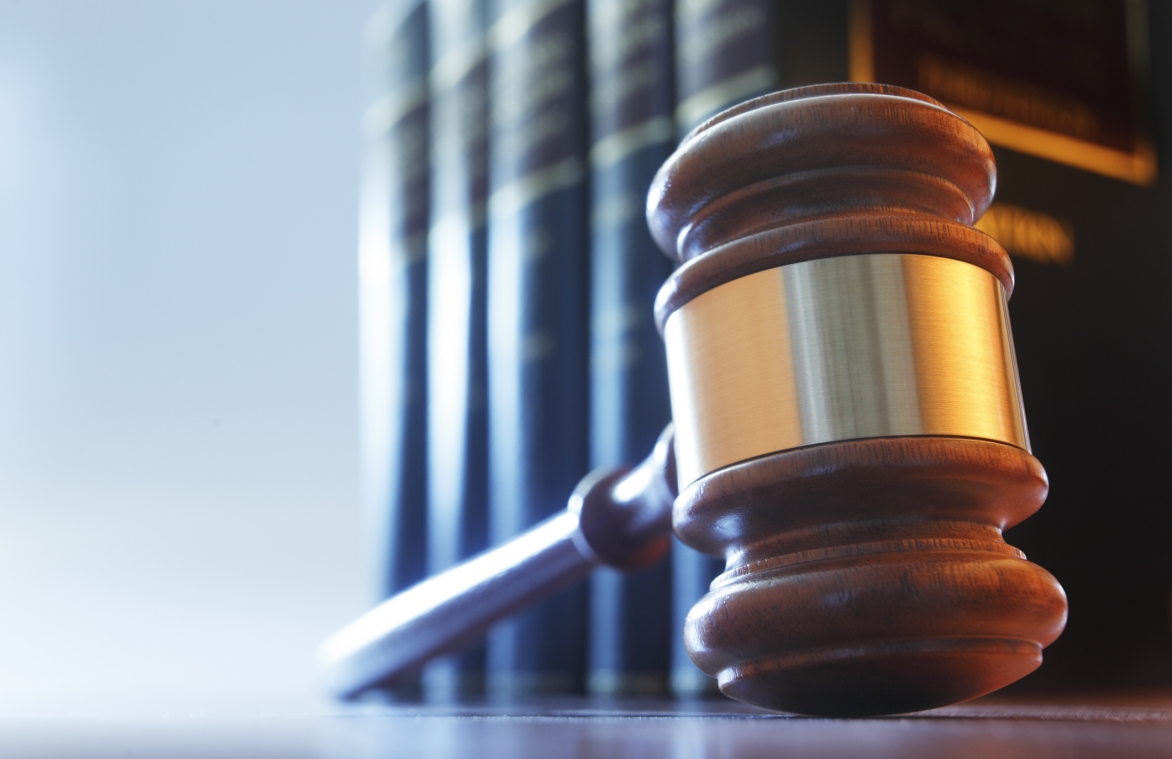ROYALTON, Vt. (AP) — A federal judge has ruled that Vermont Law School can conceal two large murals that some members of the school community find racially offensive.
The Valley News reports the judge granted the school’s request to dismiss a lawsuit by the artist, ruling last week that the school’s plan to hide the murals behind a wall of acoustic tiles doesn’t violate the federal Visual Artists Rights Act. The artworks are currently covered by drop cloths.
Lawyers for artist Samuel Kerson said he will appeal.
Kerson painted the murals titled “Vermont, The Underground Railroad” and “Vermont and the Fugitive Slave” for the school on two walls inside a building in 1994. Last year the school said it would paint over them and, when the artist objected, said it would instead cover the murals with the tiles.
“Despite its beneficent intentions, the mural has not aged well. Its depiction of African-Americans strikes some viewers as caricatured and offensive, and the mural has become a source of discord and distraction at Vermont Law School — an institution whose explicit mission it is to educate students in a diverse community,” the school said in a court filing in response Kerson’s lawsuit.
Lawyers for Kerson, who lives in Quebec, argued that the artwork is protected by the Visual Artists Rights Act, which safeguards artists’ works from “distortion, mutilation, or other modification,” which would be prejudicial to their honor or reputation.
U.S. District Judge Geoffrey Crawford disagreed, ruling that once the wall is in place, “The murals will have the same status as a portrait or bust that is removed from public exhibition and placed in storage.”
Justin Barnard, a lawyer for the school, said the school is pleased the court agrees that the act doesn’t compel an owner to display artwork against its wishes.
In a statement, Kerson’s lawyers, Steven Hyman and Richard Rubin, said the judge ignored the clear intent of the act. Kerson declined to comment beyond the statement from his lawyers.
The Free Speech Center newsletter offers a digest of First Amendment and news media-related news every other week. Subscribe for free here: https://bit.ly/3kG9uiJ

